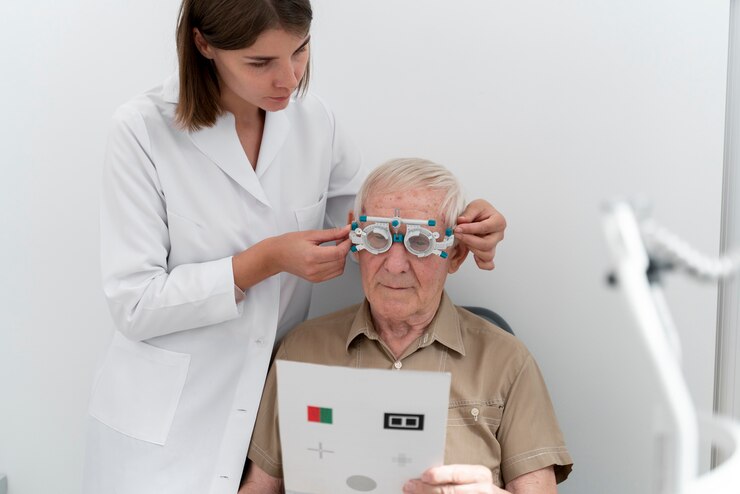Importance Of Regular Eye Examinations: Understanding The Need
In the hustle and bustle of daily life, it’s easy to overlook the significance of maintaining our eye health. Yet, the eyes are our windows to the world, allowing us to experience life’s beauty and navigate our surroundings with clarity and precision. Regular eye examinations play a crucial role in preserving this precious sense, detecting potential problems early, and ensuring optimal vision and eye health for years to come. In this article, we’ll delve into the importance of regular eye examinations, discussing the benefits, the process, and why everyone, regardless of age or visual acuity, should prioritize their eye health.
Preserving Vision
The most obvious reason for regular eye examinations is to preserve vision. Many eye conditions and diseases, such as glaucoma, macular degeneration, and diabetic retinopathy, often develop slowly and asymptomatically in their early stages. By the time symptoms become noticeable, irreversible damage may have occurred. Regular eye examinations enable eye care professionals to detect these conditions in their earliest stages when they are most treatable. Early intervention can help preserve vision and prevent further deterioration, allowing individuals to maintain their independence and quality of life.
Detecting Eye Diseases and Conditions
Regular eye examinations are essential for detecting a wide range of eye diseases and conditions that can affect vision and eye health. These include not only common conditions like refractive errors (nearsightedness, farsightedness, astigmatism) but also more serious conditions such as cataracts, glaucoma, and retinal disorders. In addition, eye examinations can reveal systemic health conditions such as diabetes, hypertension, and autoimmune diseases, which may manifest with ocular symptoms or signs. Early detection and management of these conditions can prevent complications and improve overall health outcomes.
Monitoring Eye Health
For individuals with existing eye conditions or risk factors for eye disease, regular eye examinations are essential for monitoring eye health and tracking changes over time. Conditions like glaucoma and age-related macular degeneration require ongoing monitoring to assess disease progression, adjust treatment plans, and prevent vision loss. Similarly, individuals with diabetes need regular eye examinations to screen for diabetic retinopathy, a potentially blinding complication of diabetes. By closely monitoring eye health, eye care professionals can intervene promptly to preserve vision and prevent complications.
Updating Prescription Eyewear
For those who wear glasses or contact lenses, regular eye examinations are necessary to update prescriptions and ensure optimal visual acuity. Our eyesight can change over time due to factors such as age, hormonal changes, and lifestyle habits. An outdated prescription can lead to eyestrain, headaches, and difficulty performing daily tasks. By conducting comprehensive eye examinations, eyecare professionals can determine the correct prescription for glasses or contact lenses, ensuring clear and comfortable vision.
Assessing Eye Alignment and Coordination
Eye examinations go beyond assessing visual acuity and refractive errors; they also evaluate the alignment and coordination of the eyes. Conditions such as strabismus (eye misalignment) and amblyopia (lazy eye) can affect binocular vision and depth perception, impacting activities like reading, driving, and sports. Early detection and treatment of these conditions in childhood are crucial for preventing long-term visual impairment and maximizing visual function. However, eye alignment and coordination should also be assessed in adults to detect any changes or abnormalities that may arise.
Educating Patients on Eye Health
Regular eye examinations provide an opportunity for eye care professionals to educate patients about eye health, preventive measures, and lifestyle factors that can impact vision. This may include discussing the importance of UV protection, proper eye hygiene, healthy nutrition, and lifestyle modifications to reduce the risk of eye disease. Patient education empowers individuals to take an active role in preserving their eye health and making informed decisions about their eye care.
Conclusion
In conclusion, regular eye examinations are essential for preserving vision, detecting eye diseases and conditions, monitoring eye health, updating prescription eyewear, assessing eye alignment and coordination, and educating patients on eye health. By prioritizing regular eye examinations, individuals can take proactive steps to maintain optimal vision and eye health throughout their lives. Remember, your eyes are precious – don’t overlook the importance of caring for them. Schedule your next eye examination today and invest in a lifetime of clear, healthy vision.


